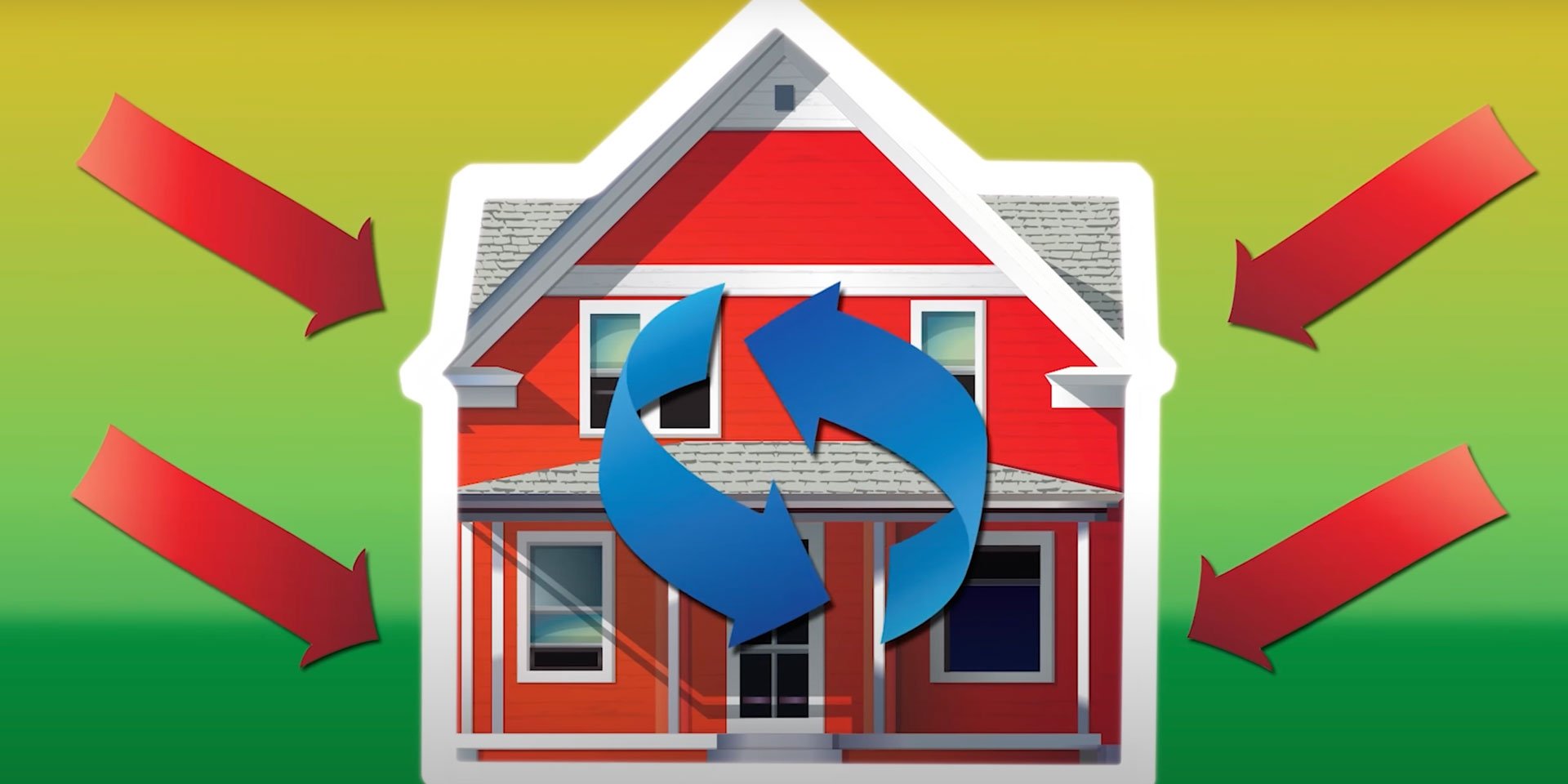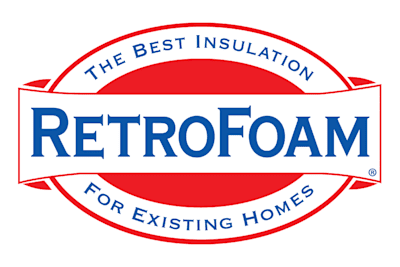How to Save Energy at Home: Why Home Insulation is Essential No Matter the Season


You might think your home feels comfortable enough, but your wallet could feel the pinch every time the utility bills arrive.
Ever wondered why your energy costs keep creeping higher? It all boils down to the efficiency of your home insulation. Most people don’t think about their home insulation until they are feeling uncomfortable, but that pain in your pockets is indicating the same thing: your insulation isn’t working.
Aside from the increasing cost, another factor to consider is the environmental impact. Saving energy can be just as important as saving money when looking at the bigger picture.
Let’s break down why home insulation matters and how creating an air seal is a game-changer regarding energy efficiency and saving energy.
Why is Saving Energy Important?
Energy saving isn’t just a buzzword; it’s a practical approach to significantly lower your monthly bills.
More importantly, saving energy helps reduce your carbon footprint, making your home more environmentally friendly.
In simple terms, using less energy is better for your bank account and our planet.
Creating an Air Seal for Maximum Energy Efficiency
The secret to making your home energy efficient year-round lies in creating a proper air seal.
An air seal blocks unwanted air leakage between the indoors and outdoors, helping maintain a consistent temperature inside your home.
You might feel your home is comfortable right now, but behind the scenes, your heating, ventilation, and air conditioning (HVAC) system could be working overtime. Without proper insulation, HVAC systems must run constantly to combat air leakage, causing unnecessary strain and increasing energy bills.
How Does Air Sealing Help Your HVAC?
When you create an effective air seal using foam insulation, you’re giving your HVAC system a much-needed break.
It no longer has to work tirelessly to maintain a consistent indoor temperature. Less runtime means reduced wear and tear on your HVAC equipment, extending its life and reducing maintenance costs.
How Foam Insulation Helps You Save Energy at Home
Choosing foam insulation isn’t just about comfort – it’s a smart financial decision.
Here’s why.
- Reduced Monthly Bills: Better insulation means your HVAC system runs less, lowering monthly heating and cooling costs.
- Long-Term Savings: Although there’s an upfront cost, foam insulation can pay for itself through energy savings.
- Extended HVAC Life: Less operation equals less wear and tear, extending the life of your HVAC system.
Understanding Thermal Bridging and Air Leakage
If your home isn’t insulated properly, you might be dealing with hidden energy loss through air leaks and something called thermal bridging.
- Air Leakage: Heated or cooled air escapes through gaps and cracks, causing your HVAC system to run more often.
- Thermal Bridging: This happens when outside air travels through materials like studs or drywall, directly affecting indoor comfort, according to the U.S. Department of Energy.
Foam insulation is uniquely suited to prevent thermal bridging because it forms a continuous, airtight barrier around your home, effectively sealing out external temperatures.
Why Energy Efficiency Matters When Selling Your Home
Planning to sell your home?
Energy-efficient homes are highly sought after in the real estate market, often fetching higher prices and quicker sales. Today’s buyers are increasingly eco-conscious and are actively seeking homes that promise lower utility bills and sustainable living.
By investing in quality foam insulation now, you’ll enjoy immediate comfort and savings, plus a higher market value when it’s time to sell.
Ready to Make Your Home Energy Efficient?
Now that you understand the importance of home insulation for energy savings, why not take the next step?
Check out the Dealer Finder on our website to locate a RetroFoam dealer near you and start your journey toward a more energy-efficient and cost-effective home.
Key Points:
- Proper home insulation and air sealing significantly improve energy efficiency.
- Energy efficiency reduces monthly utility bills, offering considerable financial savings.
- Foam insulation addresses both air leakage and thermal bridging, providing superior energy-saving results.
- Less energy use equals a smaller carbon footprint, benefiting the environment.
- Energy-efficient homes often have higher market values, making insulation a smart investment.
Related Articles
The Best Home Upgrades to Improve Comfort and Value
How to Block Drafts and Fix a Drafty House
Insulation or HVAC? Three Reasons to Prioritize Insulation First
About Amanda Emery
Amanda previously has worked as a breaking news and crime reporter, TV news producer, and editor. As a journalist, she has won several awards from The Society of Professional Journalists - Detroit Chapter and the Michigan Press Association. Amanda uses her experience as a journalist to write content that will help educate homeowners on foam insulation benefits. When Amanda isn’t writing, she’s spending time with her husband Chris, daughter Lilith-Maeve, and rescued huskies Danger and Wendigo. She also loves knitting, making art, and cooking.


